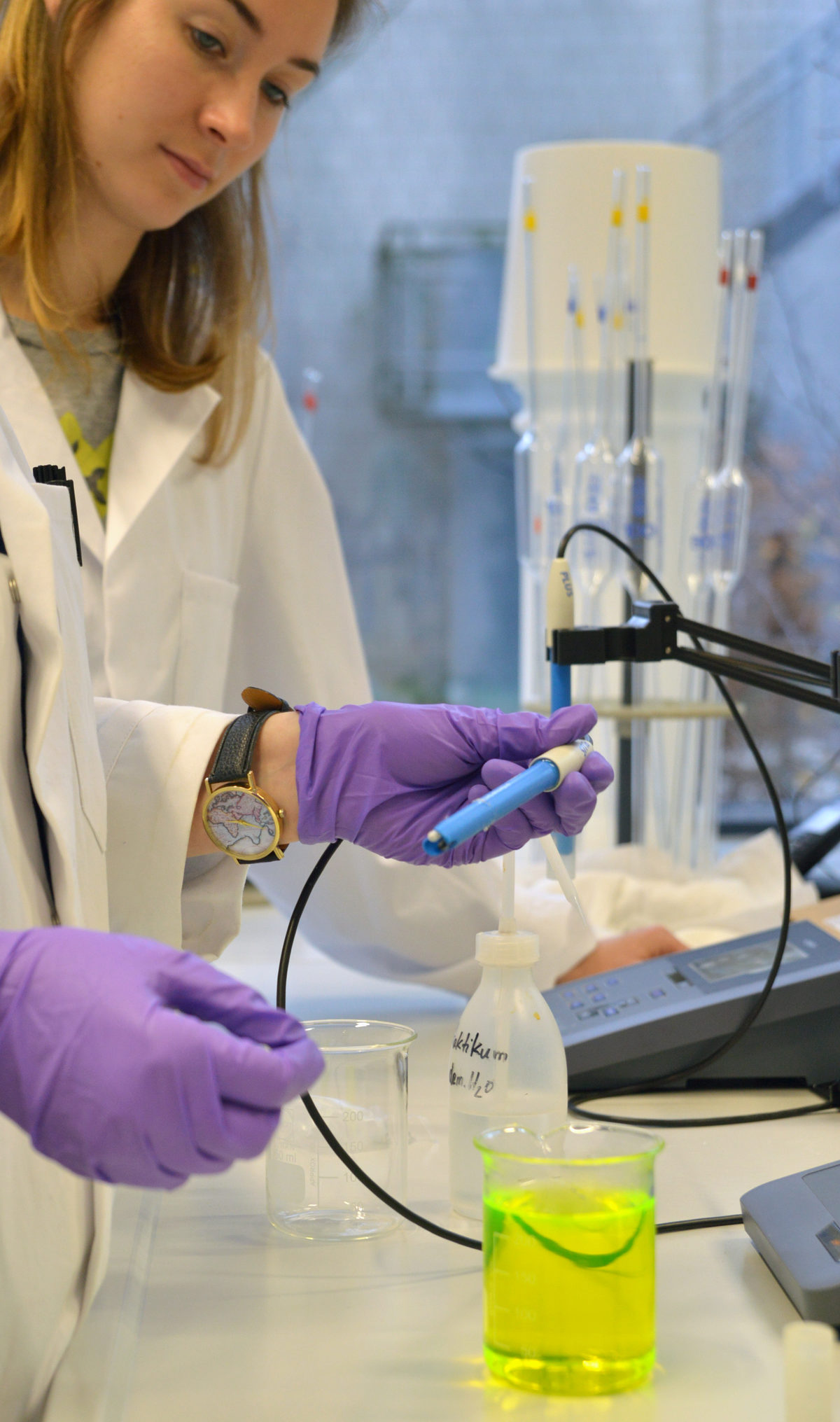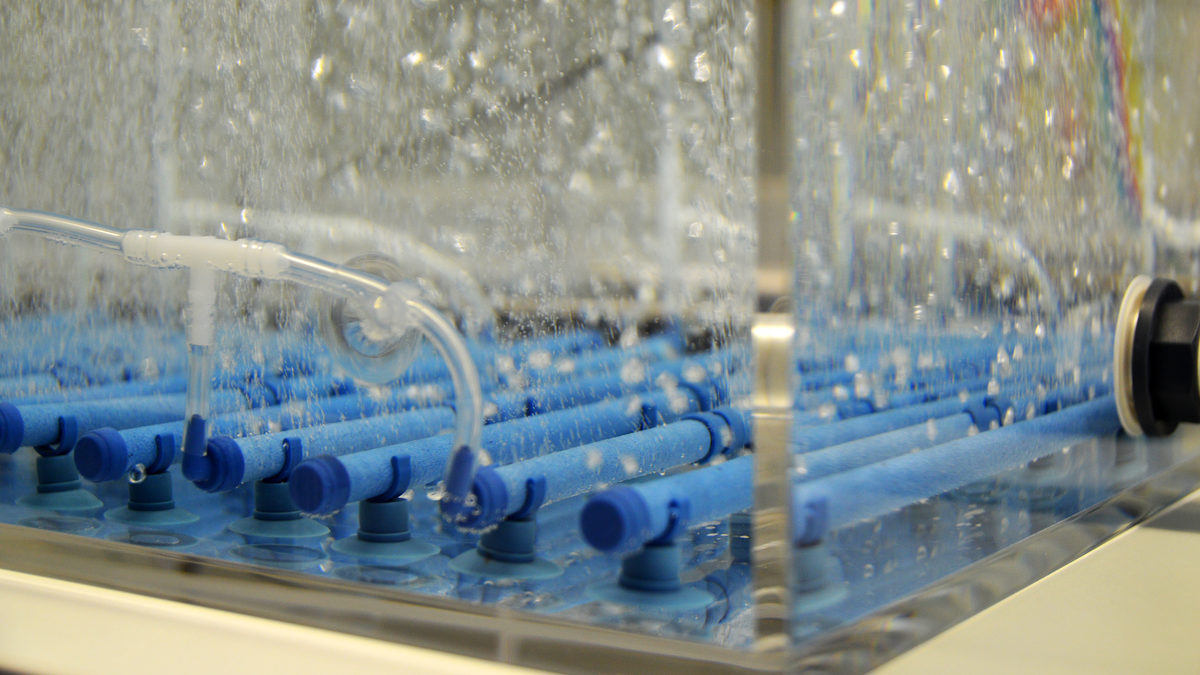Prof. Dr.-Ing. Jens Haberkamp
The public water supply is based on the utilisation of natural water resources, whose availability and qualitative consistency, however, are influenced to some extent by human impact and climatic changes. Particularly in urban agglomerations, as for example the Ruhr Region or Berlin, the geographical proximity of sewage treatment plants and the facilities for producing drinking water leads to interference with the drinking water due to the residues of municipal and industrial waste water. Thus, the ongoing processing of waste water for the removal of anthropogenic trace substances, particularly in regions with a partially self-contained water cycle, becomes increasingly important. Wastewater, however, not only poses a potential threat to natural water resources, but can also be used as a resource itself. Domestic waste water and the sludge created by its treatment contain not insignificant amounts of the important nutrient phosphorus whose global stocks are limited.
Additionally, due to the heat and ingredients it contains, municipal waste water is a source of energy whose exploitation still shows optimisation potentials. And although, in most cases, water is available in sufficient quantity in central Europe, wastewater represents a valuable resource in various arid and semi-arid regions of the world without which an adequate food production would be barely conceivable. Agricultural water recycling has been common practice in regions of water shortage for a long time and will become more relevant in the future in view of population growth and global climate change. Nevertheless, the precondition of a safe re-use is the reliable processing of the wastewater taking into account the locally available possibilities.
Against this background, the research is focused on the following areas:
- the optimisation of techniques for continuous wastewater processing in view of the elimination of trace substances and, where required, disinfection;
- safeguarding the sustainability of partially self-contained regional water cycles, particularly allowing for demographic and climatic changes;
- the utilisation of domestic and industrial waste water as a nutrient and energy resource;
- the implementation of sustainable water supply and water resource management in regions of water shortage;
- the development and technical realisation of concepts for recycling water.




